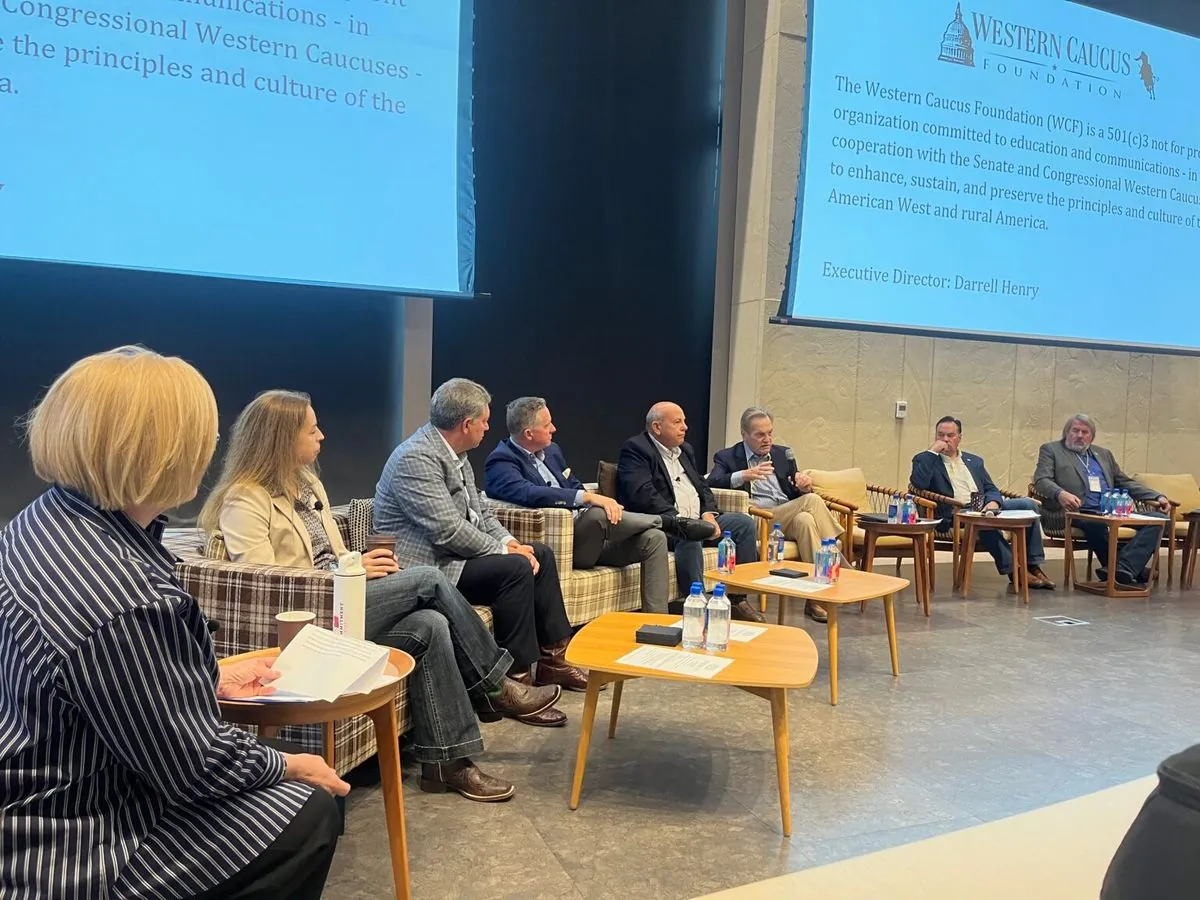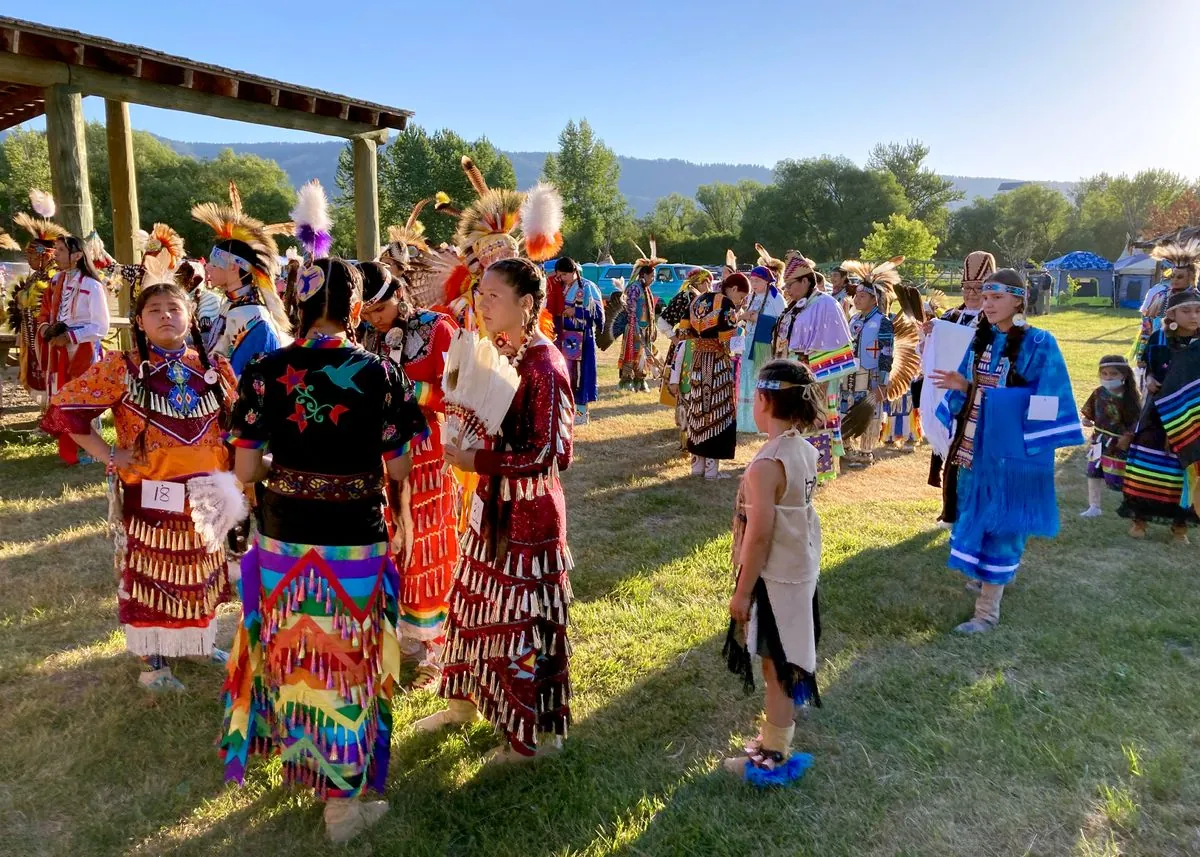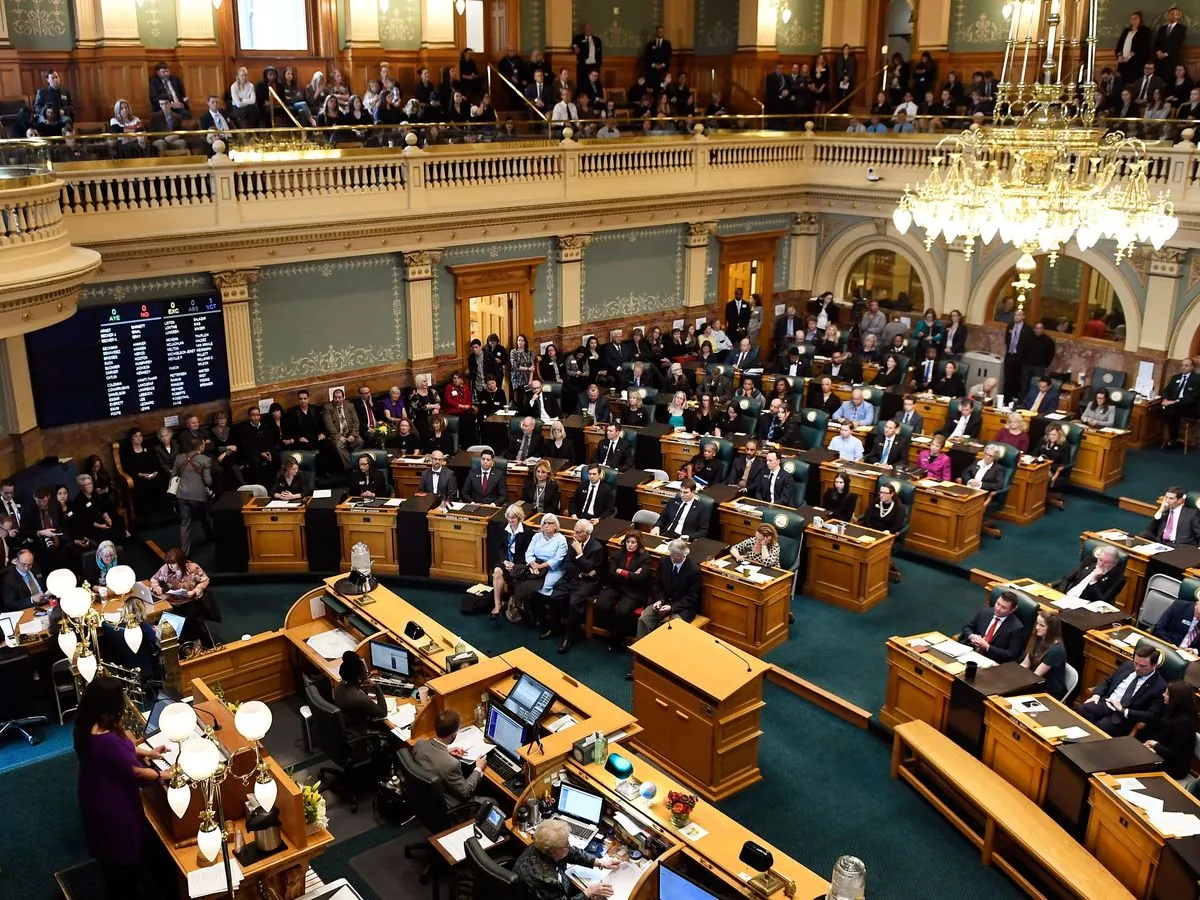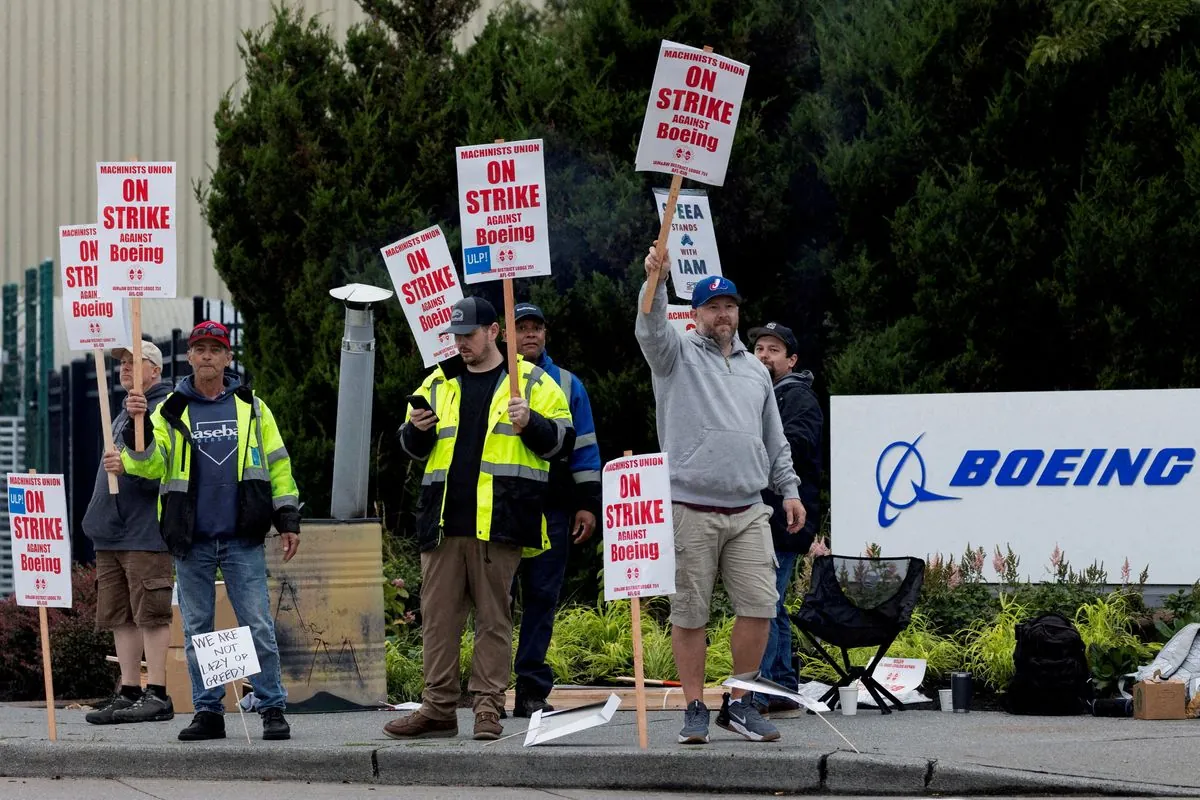Idaho Senator's Alleged Racist Outburst Sparks Controversy at Forum
A bipartisan forum in Kendrick, Idaho, turned contentious when a state senator allegedly made racist remarks to a Native American candidate. The incident has raised concerns about discrimination and security at political events.

A recent bipartisan forum in Kendrick, Idaho, became the center of controversy following an alleged racist outburst by Republican Sen. Dan Foreman towards Trish Carter-Goodheart, a Democratic candidate and member of the Nez Perce Tribe. The incident, which occurred five days ago, has sparked discussions about discrimination and security at political events in the state.
The forum, held at a Veterans of Foreign Wars hall, was intended to provide a platform for local House and Senate candidates to address community concerns. However, tensions escalated when a question about discrimination was posed to the candidates. Carter-Goodheart, responding to earlier comments, highlighted issues of discrimination in Idaho, mentioning the state's weak hate crime laws and the historical presence of the neo-Nazi group Aryan Nations in northern Idaho.
According to Carter-Goodheart and other attendees, Sen. Foreman allegedly interrupted her response, telling her to "go back where you came from." This statement was particularly jarring given that the Nez Perce Tribe has inhabited the Columbia River Plateau for over 11,500 years, with their reservation's northern edge less than 10 miles from Kendrick.
Sen. Foreman left the event early and later denied making racist comments in a Facebook post. He characterized the incident as a "quintessential display of race-baiting" and stated that there is no systemic racism in America or Idaho.
The incident has had a profound impact on Carter-Goodheart and her family. She expressed concern about having to discuss racism with her young children, who were present at the forum. Other candidates, including Republican Rep. Lori McCann and Democratic candidate Julia Parker, confirmed Carter-Goodheart's account of the events.
This occurrence has raised questions about security at future political events. The League of Women Voters, a non-partisan organization promoting informed political participation, has reportedly offered to provide police presence at upcoming forums as a precautionary measure.
The controversy highlights ongoing challenges related to discrimination and diversity in Idaho. While the state's largest ethnic group is White, comprising about 82% of the population, Native Americans constitute approximately 1.4%. The Idaho Human Rights Commission, established in 1969, continues to address discrimination issues in the state.

As Idaho prepares for future political events, this incident serves as a reminder of the importance of respectful dialogue and the need to address discrimination in all its forms. The state, known for its vast wilderness areas and outdoor recreation opportunities, faces the challenge of ensuring that its political discourse reflects the diversity and inclusivity of its population.
"I pointed out that just because someone hasn't personally experienced discrimination doesn't mean it's not happening."
This event has sparked a broader conversation about the political climate in Idaho, a state that became the 43rd to join the Union in 1890 and has since developed a diverse economy with significant sectors in agriculture, manufacturing, and technology. As the state moves forward, it must grapple with these issues while maintaining its unique identity, symbolized by state symbols such as the huckleberry, its official fruit, and Borah Peak, its highest point at 12,662 feet.


































